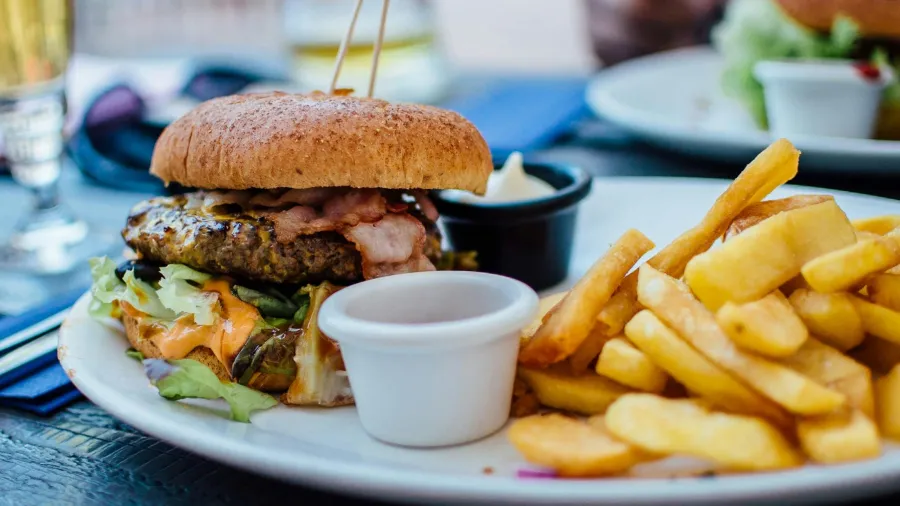
Meal deals gain ground as key offering in APAC QSRs
It remains a popular choice amongst workers and students.
Meal deals, which combine a main item, snack, and beverage at a lower price than purchasing them separately, have become a key offering in quick-service restaurants (QSRs).
Originally designed to attract consumers during inflationary periods, these deals are now common on menus, particularly in the Asia-Pacific (APAC) region, according to GlobalData.
“Despite the economic pressures from inflation, the meal deal market has shown resilience. The hybrid working patterns post-pandemic have made it difficult for retailers and foodservice operators to predict demand for weekday lunches,” Bokkala Parthasaradhi Reddy, lead consumer analyst at GlobalData, said.
He added that meal deals remain a popular choice amongst workers and students, fulfilling a need for convenience and value. The prevalence of meal deals is also significant at QSR outlets, where they now rank amongst the most popular menu items, appearing in over half of restaurant menus.
Deepak Nautiyal, consumer and retail commercial director at GlobalData for APAC and ME, also said, “Consumers, particularly those with financial concerns, are increasingly looking for options that deliver on taste, quality, and variety. This shift has led some operators to innovate by offering high-quality meal kits or unique dining experiences that enhance the meal deal proposition.”
Nautiyal also noted that younger consumers, particularly Gen Z, are drawn to meal deals that offer savings and align with their preferences.
Citing a GlobalData survey, he said that 27% of 18-24-year-olds always factor in how well a product fits their time and money constraints, whilst 33% say it often influences their decision.
“Meal deals represent a vital segment of the foodservice industry, and significantly impact consumer spending behavior by providing a sense of value and affordability that is increasingly necessary in today’s economic climate,” said Reddy.
“Foodservice operators must continue to innovate and tailor their offerings to meet the evolving needs of consumers, particularly those who are more price sensitive," he added.

















 Advertise
Advertise






